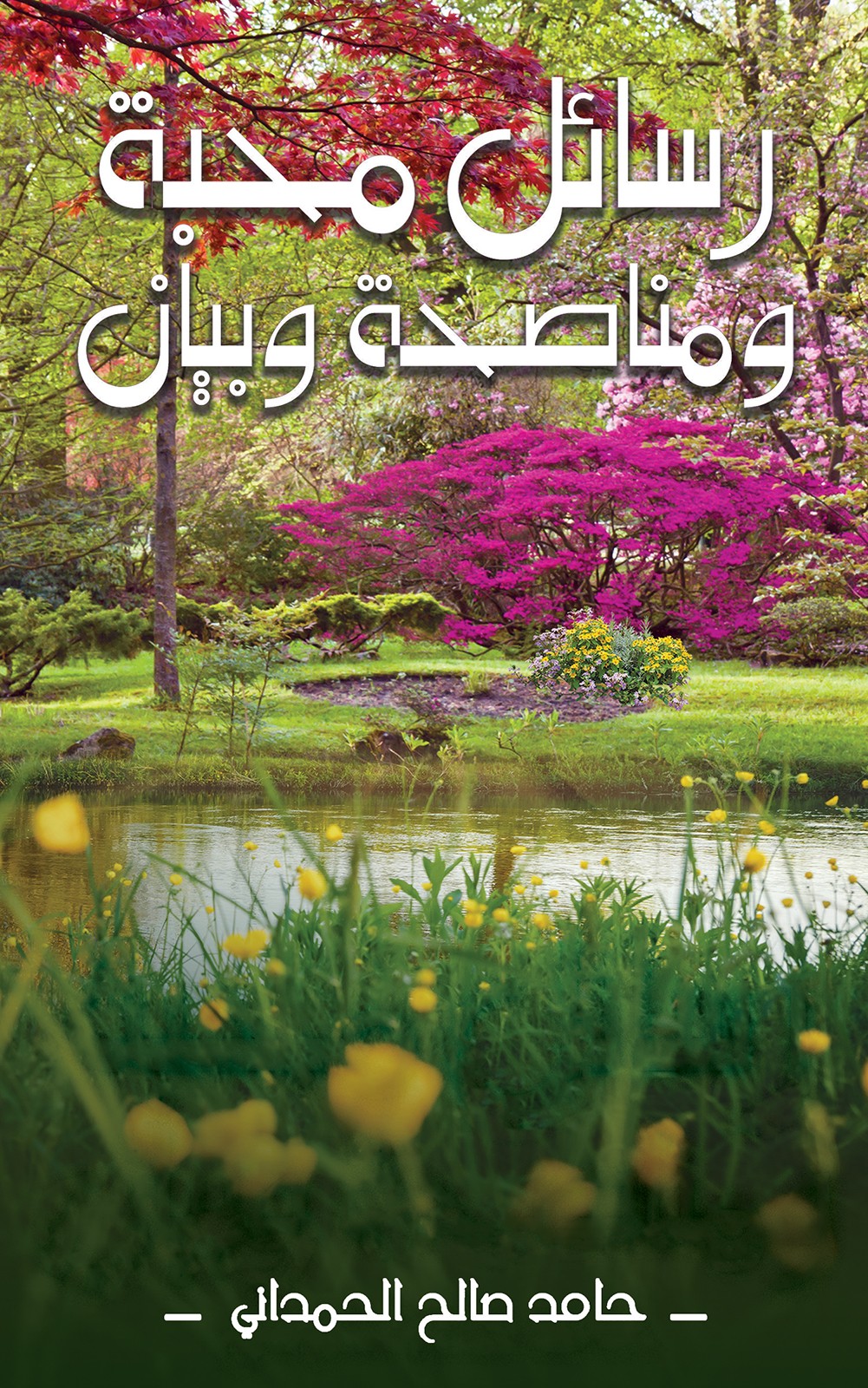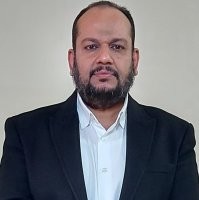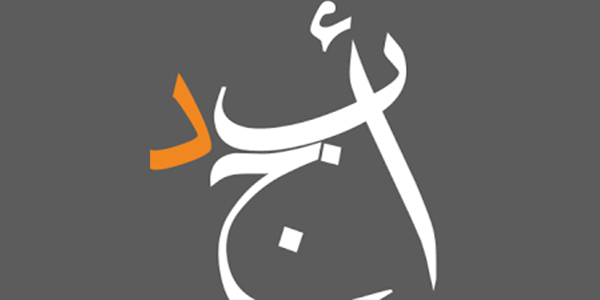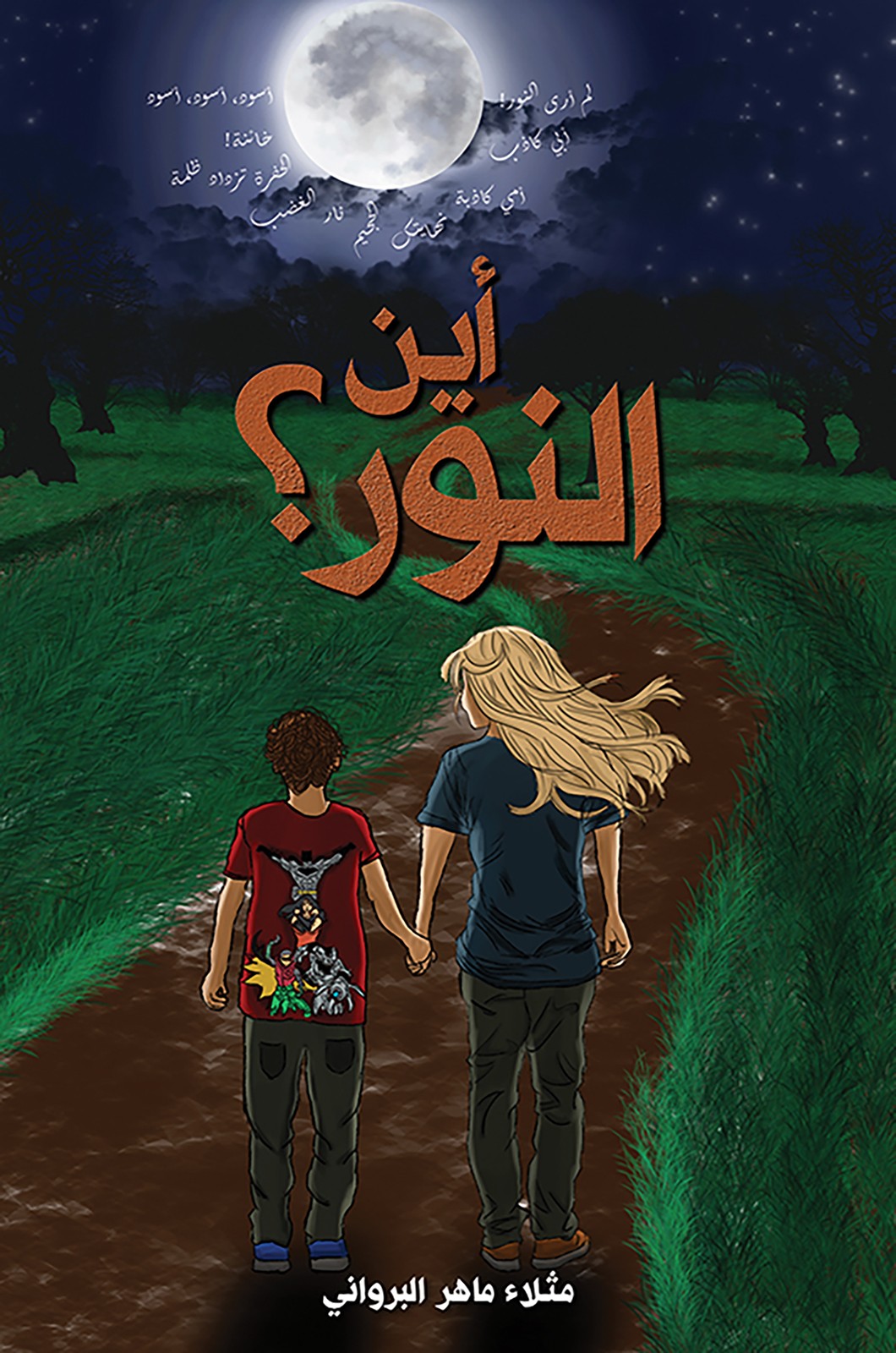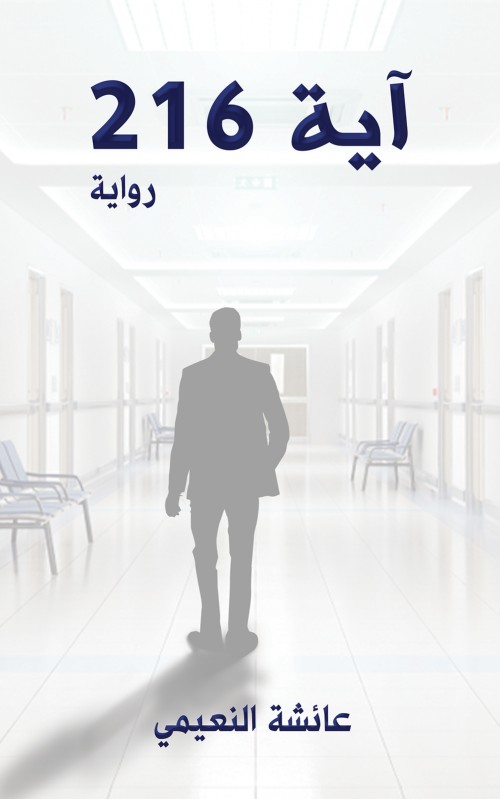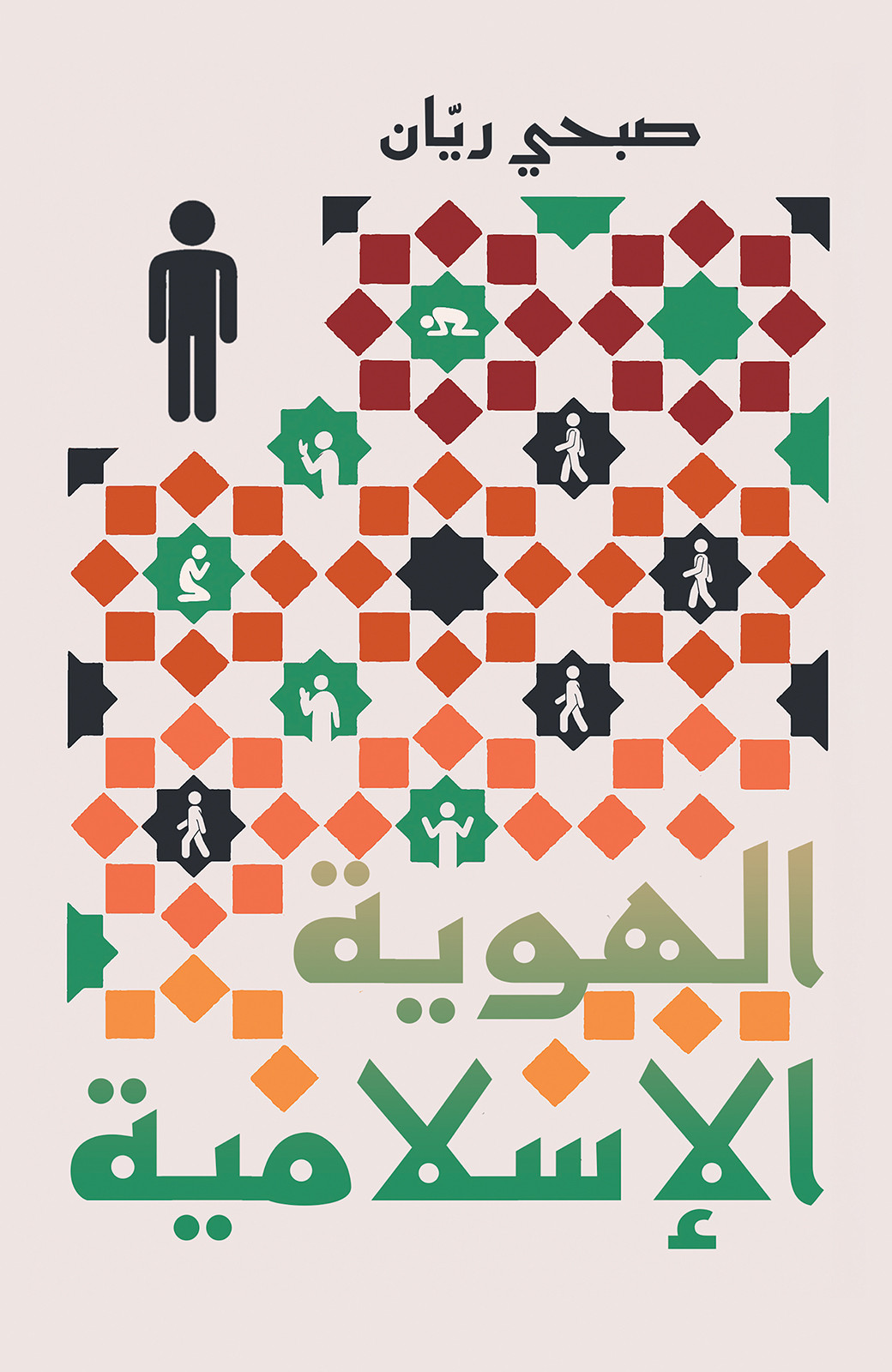Hamid Saleh Al-Hamdani is married and has three sons. He was born in the countryside of Baghdad to a father from the prominent Bani Hamdan family and a mother from Fallujah, who belonged to the distinguished Al-Bu Issa tribe. He is one of eleven siblings: five brothers and six sisters. He is the second eldest among the males and the third in overall birth order.
Hamid grew up in a family that combined religious values with tribal customs, living under relatively normal circumstances until the age of eighteen. At that point, his father passed away, marking the beginning of a series of violent and traumatic events that deeply affected his family.
Shortly after his father’s death, the Kuwait War began, accompanied by a severe economic blockade on Iraq. During this time, Hamid’s younger brother was severely injured in a fire accident. Hamid, his older brother, and their mother cared for him for three years, both in hospitals and at home. Tragically, one of his sisters died in an accident during this period; she was a young, unmarried woman.
The compounded stress of these events, along with the deteriorating economic situation, took a toll on Hamid’s mother, who developed a chronic illness that lasted for four years. Despite the care provided by Hamid and his older brother, she eventually passed away.
Immediately following her death, the American occupation of Iraq began. Hamid and a close friend were targeted in an American airstrike. His friend was martyred, while Hamid survived, recovering from injuries he attributes to divine healing. Later, his younger brother was killed in incidents related to the occupation and the ensuing sectarian violence. Hamid endured additional hardships too numerous to recount.
Since his father’s death, Hamid and his older brother have shouldered the responsibility of supporting their family. The harsh realities of the economic blockade forced him to leave university and turn to trade. However, he lost his savings due to the American occupation, sectarian conflict, and displacement. Hamid and his family faced displacement both within Iraq and abroad.
Hamid has been passionate about reading and writing since his childhood. His early interests included children’s stories, poetry, novels, science, art, and sports. Over time, his writing naturally reflected these influences. However, after his mother’s illness and death, he turned to religious and spiritual books, studying under scholars to deepen his understanding.
Following his siblings’ marriages and their independence, Hamid withdrew from public life, focusing entirely on reading and writing. He has avoided employment, group affiliations, or political involvement, as he believes his country’s current state is defined by injustice, corruption, and mismanagement. His isolation is a deliberate choice to distance himself from these issues.
Since 2008, Hamid has systematically documented his writings with the intention of publishing them. In 2015, he refined much of his work into concise messages, and since then, this format has become his primary focus. In 2020, Hamid decided to publish his writings widely, hoping to offer advice and benefit to others, God willing.

